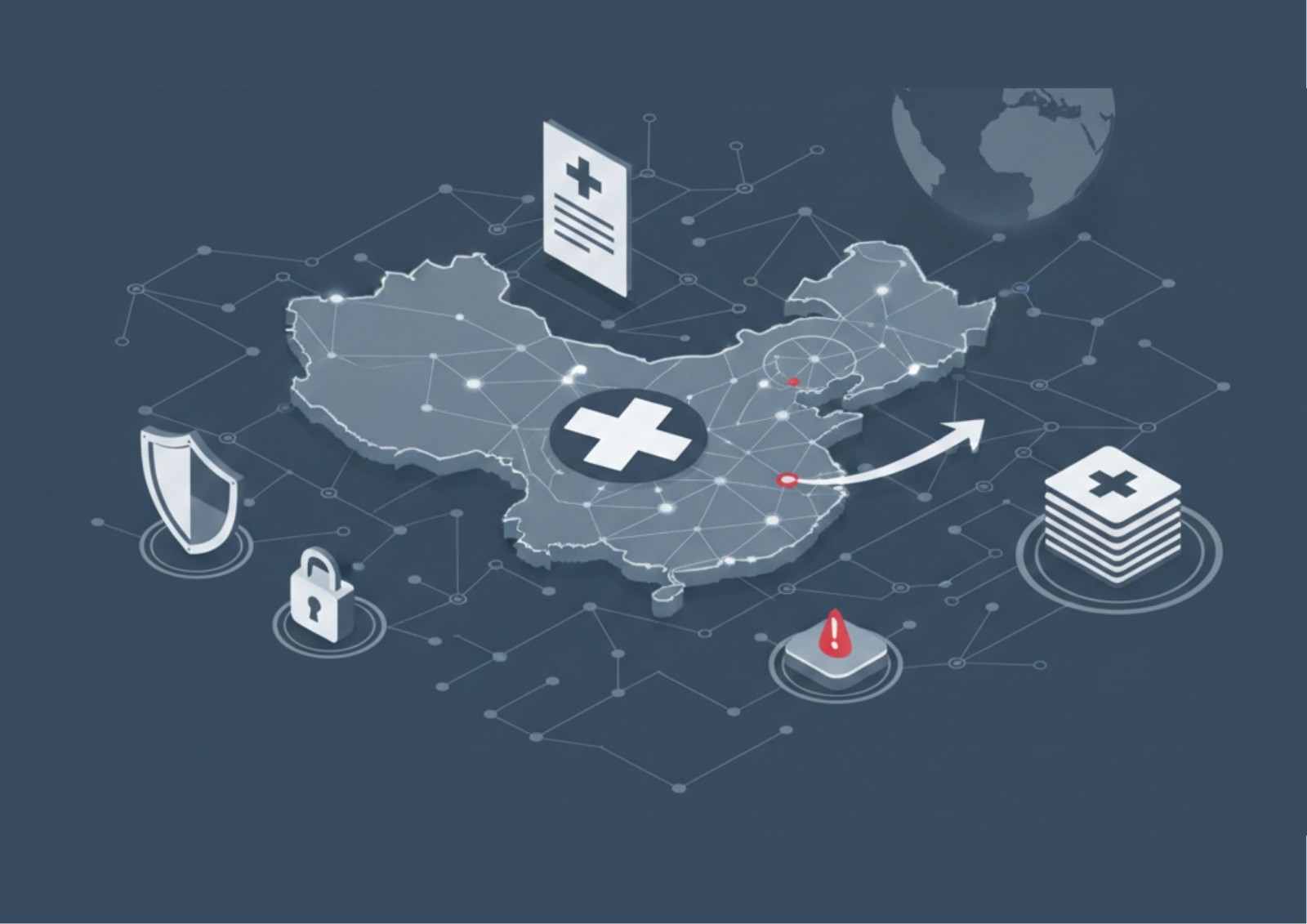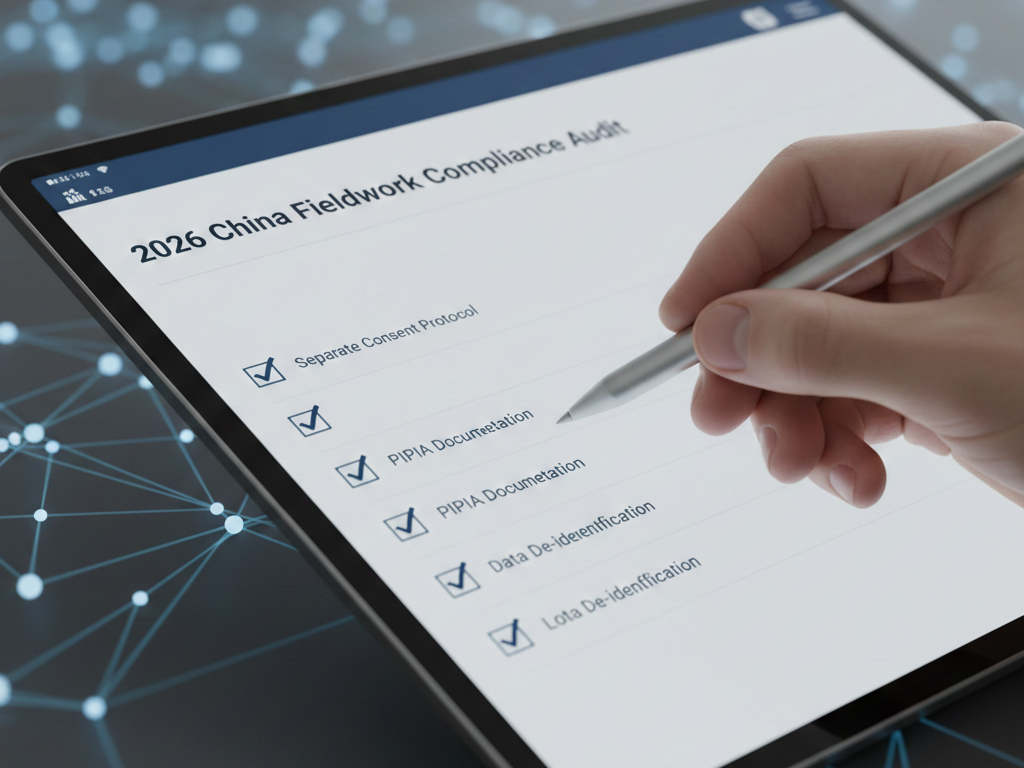
In recent years, Real-World Studies (RWS) have rapidly gained traction across the global healthcare landscape and for good reason. Compared to traditional clinical trials, RWS provide a closer look at how treatments perform in everyday medical settings. For healthcare researchers and decision-makers, this means one thing: insights that reflect real patients, real outcomes, and real environments.
Beyond Controlled Environments
Traditional randomized controlled trials (RCTs) are critical for establishing efficacy, but they often occur under idealized conditions with strict criteria. In contrast, RWS capture how therapies perform in real-life settings, including among diverse patient populations, in busy hospitals, and with varying comorbidities or treatment adherence levels.
This shift reflects a growing demand for evidence that’s applicable to actual clinical practice. Payers, regulators, and clinicians all want to know: Does it work in the real world?
What Makes RWS Valuable?
1. Access to Broader Populations
RWS tap into real patient data, from electronic medical records (EMRs), insurance claims, hospital registries, or even patient-reported outcomes. This offers insights that reflect a wide range of patient types, including those often excluded from clinical trials.
2. Longitudinal Data
Unlike short-term trials, real-world studies can follow patients over extended periods, revealing patterns in disease progression, treatment switching, and long-term outcomes.
3. Informed Decision-Making
For pharmaceutical companies, RWS can inform market access strategies, support product positioning, and back health economic models. For public health bodies, RWS data can guide policy and resource allocation.
Challenges in China and How to Overcome Them
While the value of RWS is clear, conducting them in China comes with specific challenges:
• Hospital access and approvals are often complex and time-consuming.
• Data standardization and compliance require close coordination with local ethics boards and authorities.
• On-site execution demands a trusted local partner with medical research know-how.
At Youli, we’ve supported clients in navigating this landscape — from extracting structured, anonymized, and ethics-approved medical records to coordinating directly with hospitals across China.
Looking Ahead
As the demand for real-world evidence (RWE) grows, RWS will continue to play a key role in shaping healthcare decisions. From assessing treatment effectiveness to guiding reimbursement policies, these studies offer a powerful lens into how healthcare truly works on the ground.
Planning a Real-World Study in China?
Let’s talk data access, compliance, and execution. Youli is ready to support.
📩 Get in touch with our team at: RFQ@youli.tech
_1769067678558.jpg)

